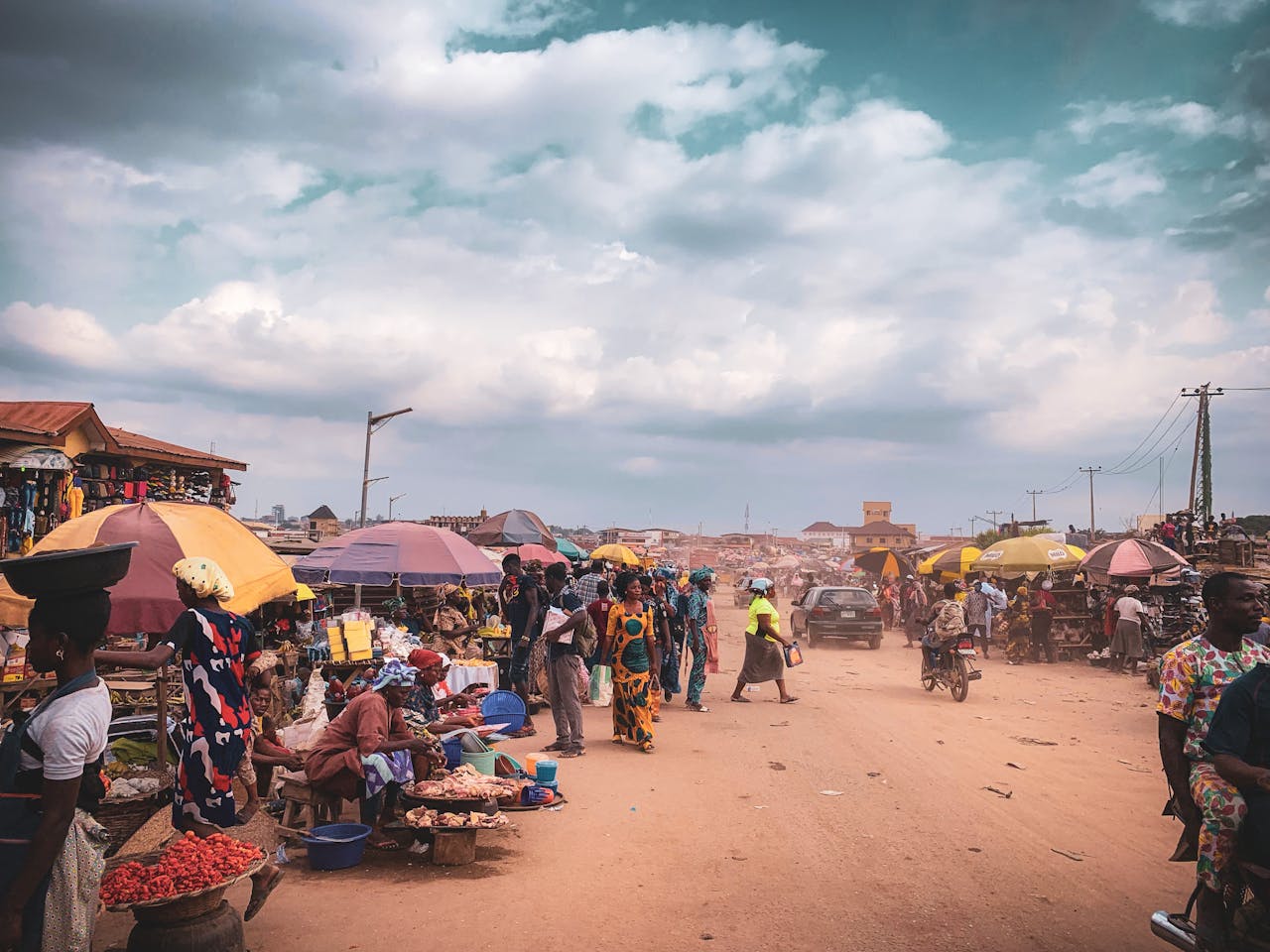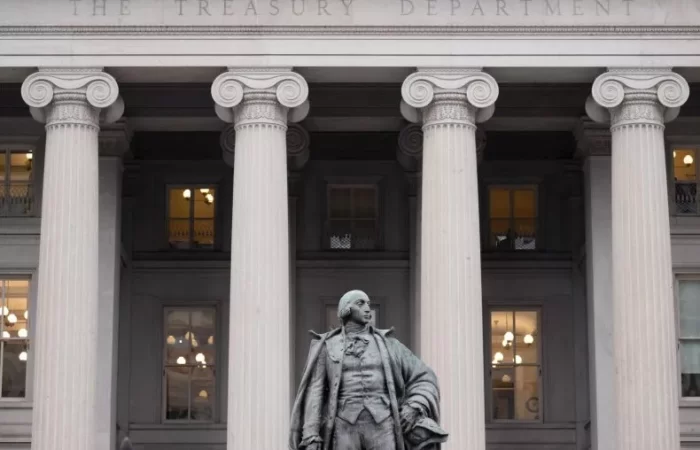This week’s U.S.-Africa Leaders Summit could not have come at a more opportune moment. The first since President Barack Obama hosted African leaders in 2014, it is taking place against the backdrop of a certain urgency, induced by a noticeable shift in the temper of U.S.-Africa relations.

The reasons behind this shift are not far-fetched, the most predominant one being a newfound assertiveness on the part of African leaders owing to the changed diplomatic and strategic milieu in the region. While differences between Africa and the United States over the Ukraine conflict have been pivotal, it is clear that they have merely brought to the surface tensions that were already simmering.
In part, those tensions pertain to African countries’ long-standing disgruntlement at the perceived sanctimony of U.S. foreign policy on the one hand, and persistent neglect, if not outright dismissal, of African agency on the other. To the extent that it instigated African countries to seek partnership and support elsewhere, this situation may have prepared the moral ground for the positive reception accorded China and Russia, to name just two of the major powers whose influence in Africa has grown over the past decade. Since 2009, China has overtaken the United States as Africa’s largest trade partner, bilateral trade between the two topping $254 billion as of 2021.

Putting African Aspirations First
If the outbreak of amity in Washington has prompted questions about U.S. intentions, correspondingly, it has increased pressure on African leaders to leverage it. In this spirit, a valid insistence on political and economic inclusion has led to calls for greater transparency and accountability within African countries themselves, since, for example, it is difficult to imagine democratic dividends being delivered where a basic commitment to democratic values does not exist."

Efforts by the United States to regain affections or, where necessary, strengthen existing bonds with its African allies—something that became imperative in the aftermath of the African reaction to the Ukraine conflict—have hinged on underscoring the perceived ideological opposition between Washington and Beijing. The West has portrayed the latter’s Belt and Road Initiative, perhaps not inaccurately, as liable to trade short-term economic benefits for long-term concentration of political power. This is contrasted with U.S. commitment to democracy and human rights, an approach that, in this telling, guarantees economic prosperity and enduring political stability in the long run.
The recently released U.S. strategy toward sub-Saharan Africa [PDF] enshrines the identified shift in tenor. In the first place, its overall conciliatoriness speaks to a rare, if refreshing, readiness on the part of U.S. officials to accept African countries as partners and collaborators, and, consequently, defer to African leadership and concerns in matters affecting the region. More to the point, the strategy affirms U.S. willingness to leverage all of its “diplomatic, development, and defense capabilities” in the pursuit of four main objectives in Africa: fostering openness and open societies, delivering democratic and security dividends, advancing economic opportunity, and supporting climate adaptation and the transition to renewable energy.
The overwhelming pattern across Africa would seem to suggest a readiness to maximize U.S. promise. For one thing, Africans’ enthusiasm for democratic values contrasts sharply with skepticism about liberal democracy—or, in some worrying cases, broad sympathy for autocracy—in Europe and North America. For another, a slew of recent examples points to a growing emboldening of the judiciary and civil society against statist pressure. Targeted U.S. material and moral support will give these institutions much-needed inspiration and sinew.
This by no means suggests that the region is in the clear. The recent spate of military coups d’état in Burkina Faso, Guinea, Sudan, and Mali is a reminder that old habits die hard. At the same time, the fact that a handful of gerontocrats continue to hog power in a number of African countries signals that the old order will not go away quietly.
Besides, Africa continues to grapple with profound economic challenges.
Yet, never has a genuine African need for assistance coincided with a greater U.S. desire to oblige, a desire seemingly tinged with a measure of contrition for past malfeasance. Against this backdrop, the U.S.-Africa Leaders Summit offers an excellent opportunity for both sides to begin a new diplomatic chapter.
Accordingly, while U.S. policymakers should, in the spirit of the new strategy toward sub-Saharan Africa, seek to work in Africa’s shoes, they should be careful not to conflate the wishes of African leaders with the yearnings and aspirations of ordinary Africans. What ordinary Africans want is clear enough: economic opportunity; security; political accountability; an end to corrupt Big Man rule; and improved investment in health, education, and infrastructure. Working with local partners and investors across the continent, the United States can help stimulate a new era of foreign direct investment in projects and initiatives that will spark economic growth and reduce dependence on frequently wayward states such as China.
For their intervention to be meaningful and effective, U.S. leaders and policymakers cannot afford to limit themselves to official interaction with African leaders. That is already the nub of China’s African diplomacy.
While the resolve to “amplify diaspora ties” is a step in the right direction, it should be seen as a first step toward incorporating young people and the remnants of civil society into the core of policymaking as it relates to the region. There is no other way to go if Washington takes seriously its vow to “bolster the region’s ability to solve global problems alongside the United States.”











